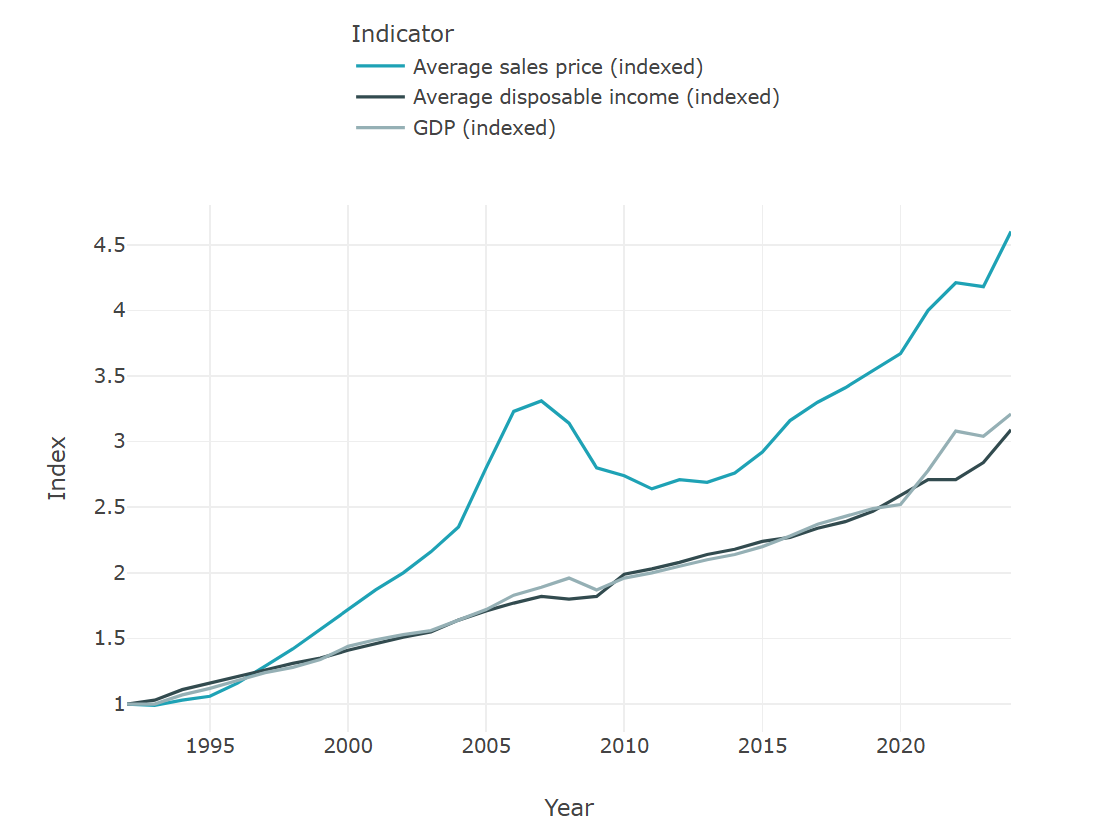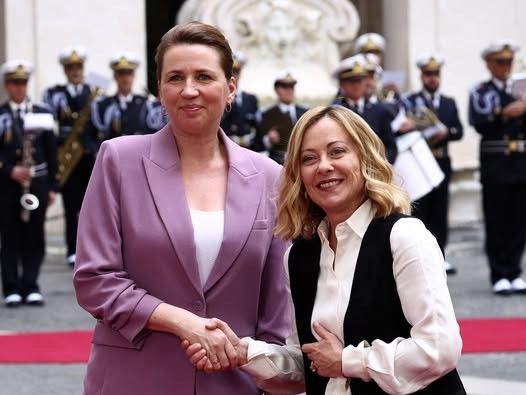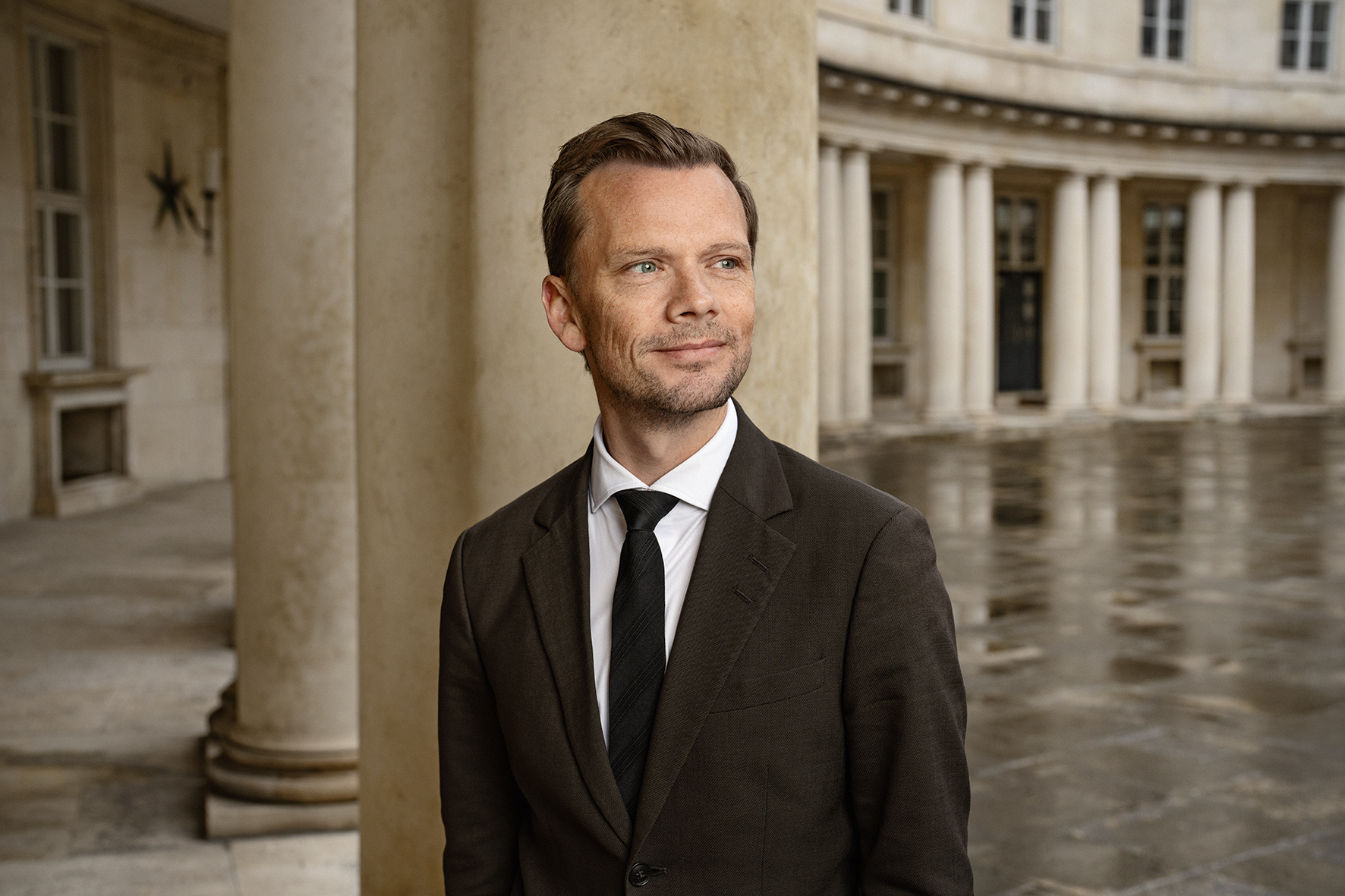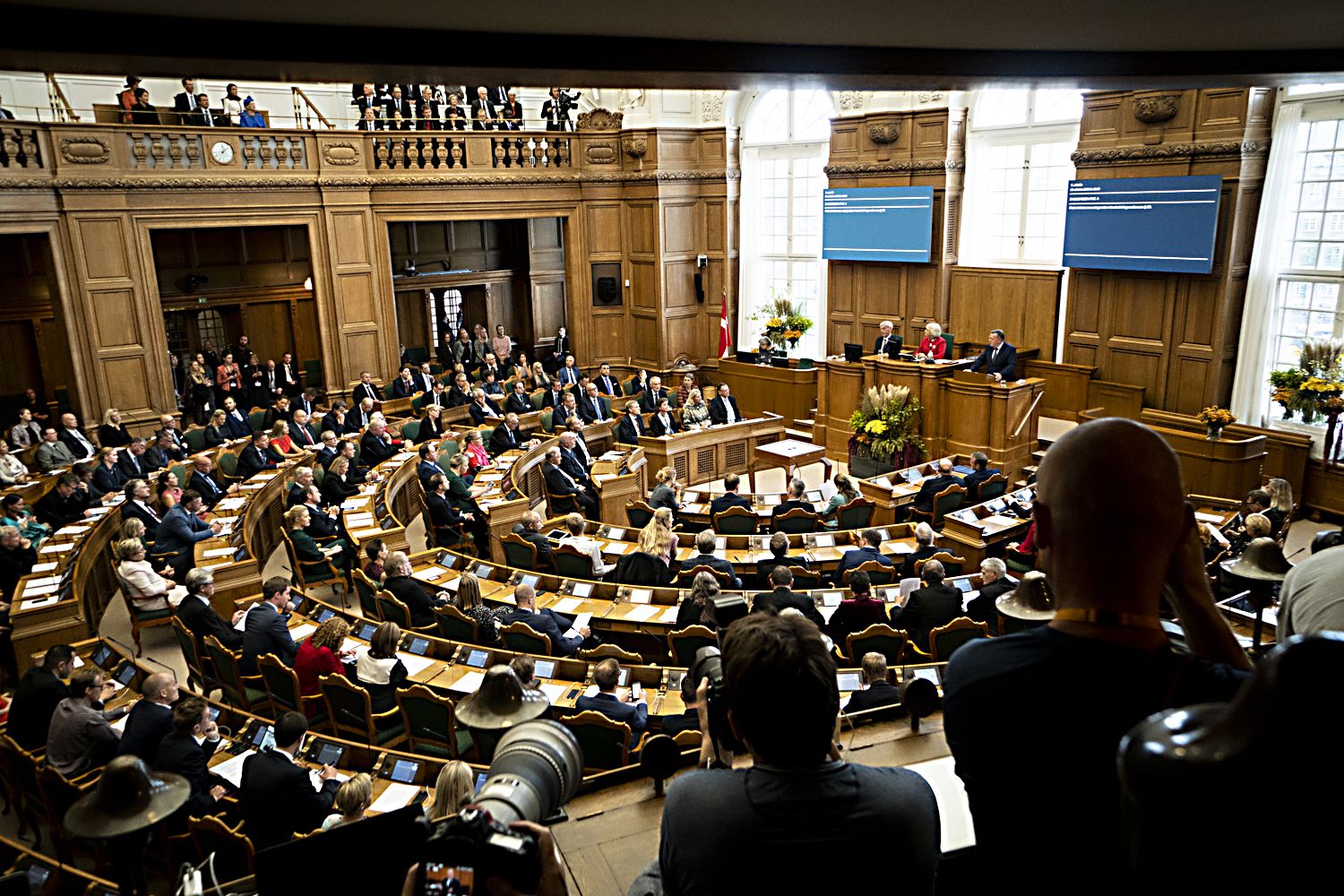Around twenty teachers from Copenhagen International School (CIS) stood gathered in the spring sunshine outside the Hellerup branch of the teacher’s union, Dansk Lærerforening (DLF). They were due to meet in the building’s meeting room this Monday morning, but it was double booked.
“We’ve been locked out of our lockout!” one of them quips, causing a round of laughter.
Forty-one of CIS’s teachers have been forced to stop working after the local government association Kommunernes Landsforening (KL) and the DLF failed to agree on a new collective bargaining agreement.
The old agreement expired a week ago last Sunday and without a new one, DLF members are not allowed to work and have been locked out of their schools.
Bente Henriksen, a union representative for CIS's IB Primary Years Programme (six to ten year olds), said that the situation is unfortunate because the lockout is not the result of a conflict stemming from within the school.
 “We have no problem with the school,” Henriksen told The Copenhagen Post. “The management is very supportive and are actually suffering more than we are because they have to cover us but have heavy restrictions on how they can.”
“We have no problem with the school,” Henriksen told The Copenhagen Post. “The management is very supportive and are actually suffering more than we are because they have to cover us but have heavy restrictions on how they can.”
The lockout has far-reaching consequences, from students who are missing out on important lessons in the run-up to exams, to parents that have to pick up their primary school children early because the school day has been shortened to accommodate the lack of teachers.
But among the teachers too is a deep sense of frustration at being prevented from doing their jobs.
“We are suffering because it feels humiliating,” Karen Hornshøj-Møller, a union representative for the Middle Years Program (ages 10 to 15), said. “It feels like we have been kicked out or fired, but not by our boss. We haven’t done anything wrong and have done exactly what we are supposed to do, which is teaching. So we have fulfilled all the expectations then we are suddenly kicked out of the school without a say.”
The conflict between KL and DLF is rooted in KL’s demand that teachers become more flexible with their working hours, particularly the number of hours each week that they teach. This is currently capped at 25 hours a week but KL wants to end this practise and give school management the opportunity to negotiate how many hours teachers spend with students each week.
DLF has resisted this change, arguing that it will cut into the teachers' preparation time, while KL argues that it is unreasonable that the average teacher only spends 16 hours a week with their students.
KL’s hardline demand to remove the earmarked preparation time might be because they see it as an obstacle to fulfilling the government’s ambition to create ‘all-day’ schools (heldagsskoler) which it proposed in December.
But CIS already closely resembles these heldagsskoler with longer school days and a greater presence of teachers at school, making the lockout of unionised CIS teachers seem unnecessary.
School days at CIS are at least six and half hours long compared to around five hours at Danish schools, while teachers prepare lessons at work stations in the school instead of at home, which is more normal for teachers at Danish schools who tend not to be provided with work stations and computers.
French teacher Stephen Bristow argues that KL’s proposed change are unlikely to affect how CIS operates, which makes the lockout of CIS unionised teachers seem strange.
 “It feels really ridiculous because it’s not really our conflict,” said Bristow, a 22-year veteran at CIS whose absence has affected at least 60 students.
“It feels really ridiculous because it’s not really our conflict,” said Bristow, a 22-year veteran at CIS whose absence has affected at least 60 students.
He added that he joined the union to show solidarity with other members of his profession and to enjoy the job security the union provides – DLF has offered loans to help cover the loss of income during the lockout.
Many teachers were undecided about whether to take and pay back a loan with interest, however, as the financial impact of the lockout is far from certain.
“It’s hard to say whether I’ll be in financial trouble. So far its only been five days without pay,” Bristow said on Monday. “I’m more concerned that I won’t manage to cover the curriculum with my students before the end of the year.”
One teacher, who wished to remain anonymous, was concerned that CIS was particularly vulnerable during the lockout because of the transient nature of the students and their parents.
“My worry is that we are going to lose the wonderful support we currently enjoy from the parents because many are only in the country temporarily and won’t benefit from a new educational model,” the teacher said. “We need their support no matter how long this goes on. We are pawns in a game going on way above our heads.”
In a comment to The Copenhagen Post, CIS director Walter Plotkin expressed his support for the locked-out teachers and the ambition to keep the school open for the duration of the lockout.
“We strongly believe that our locked-out teachers want to be here at school, but they are prevented from doing so until an agreement is reached or the government imposes a solution,” Plotkin stated, adding that the school was attempting to provide students with the best possible education during the lockout, despite regulations on who can cover lessons for locked-out teachers.
“We all realise that the absence of our locked-out teachers presents a personal hardship for them as well as for their colleagues who are attempting to provide for our students.”












